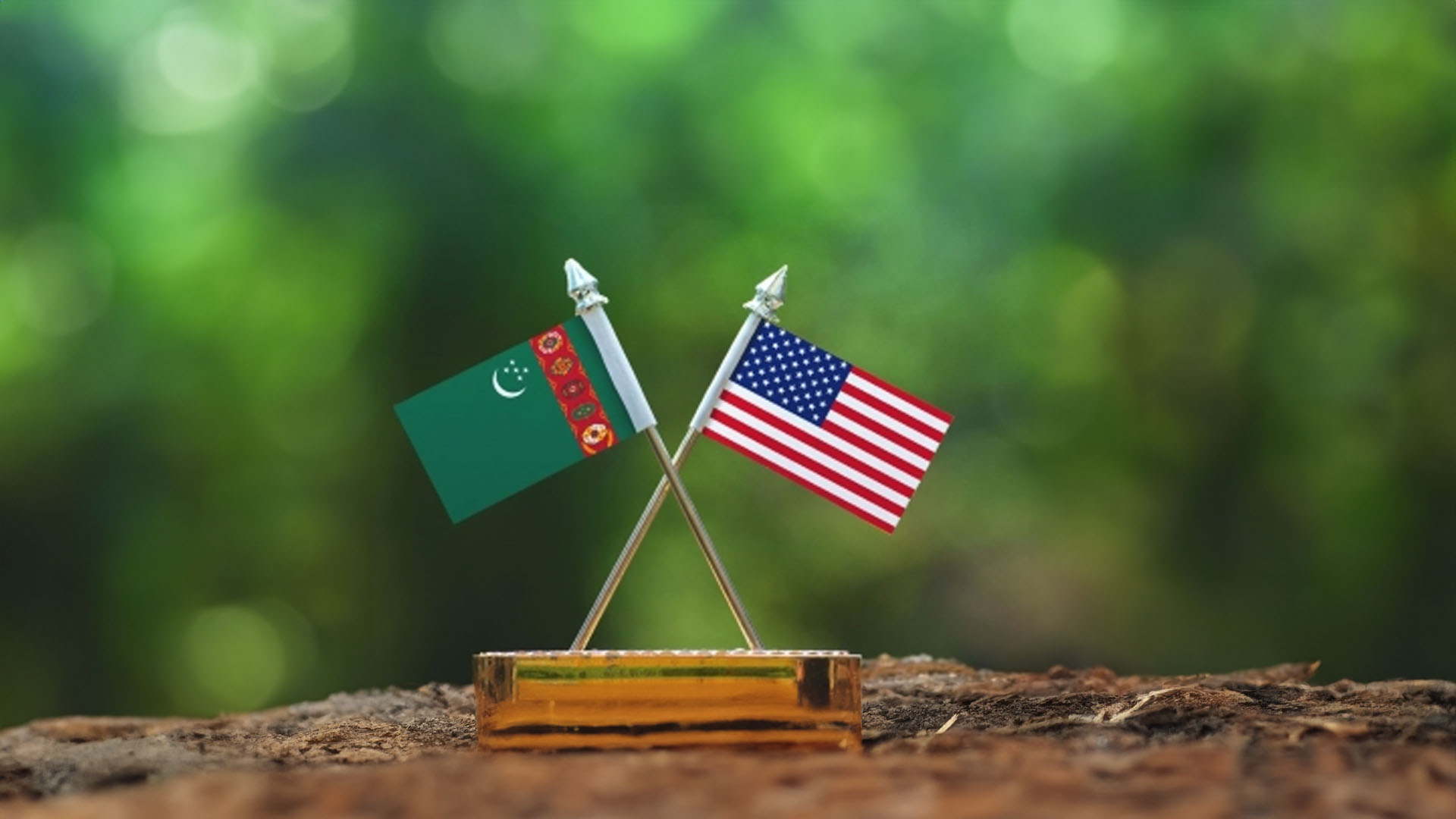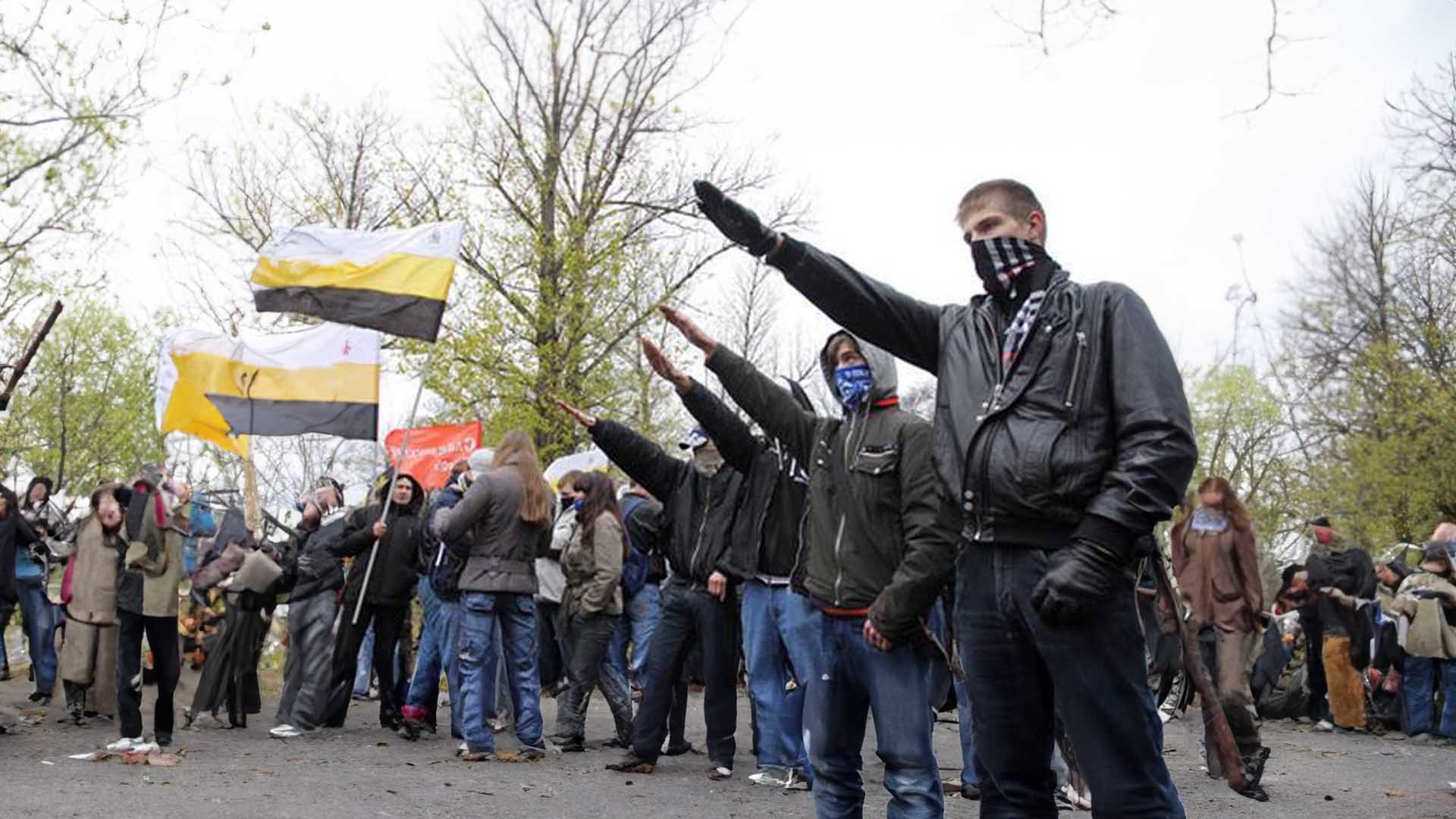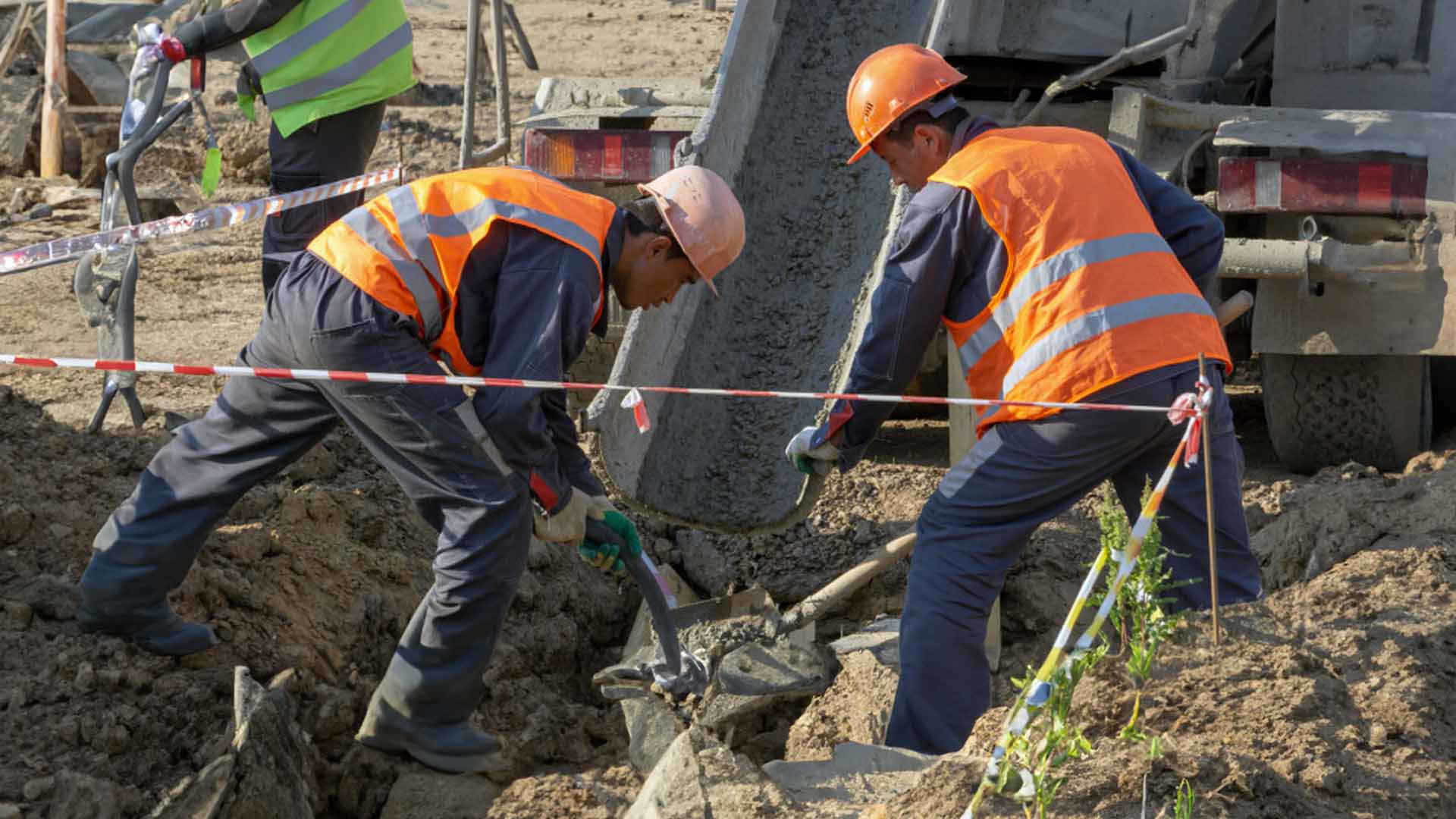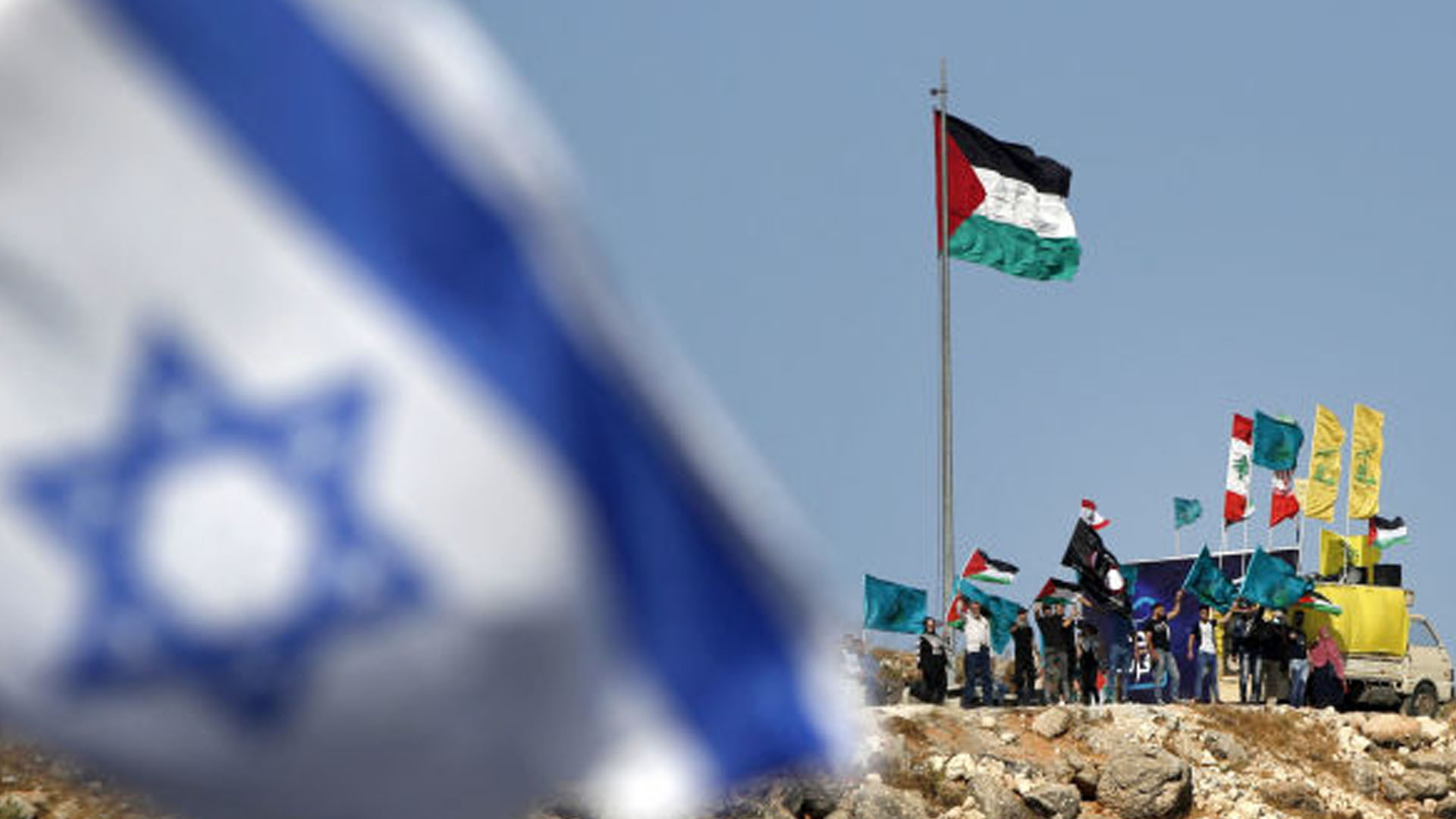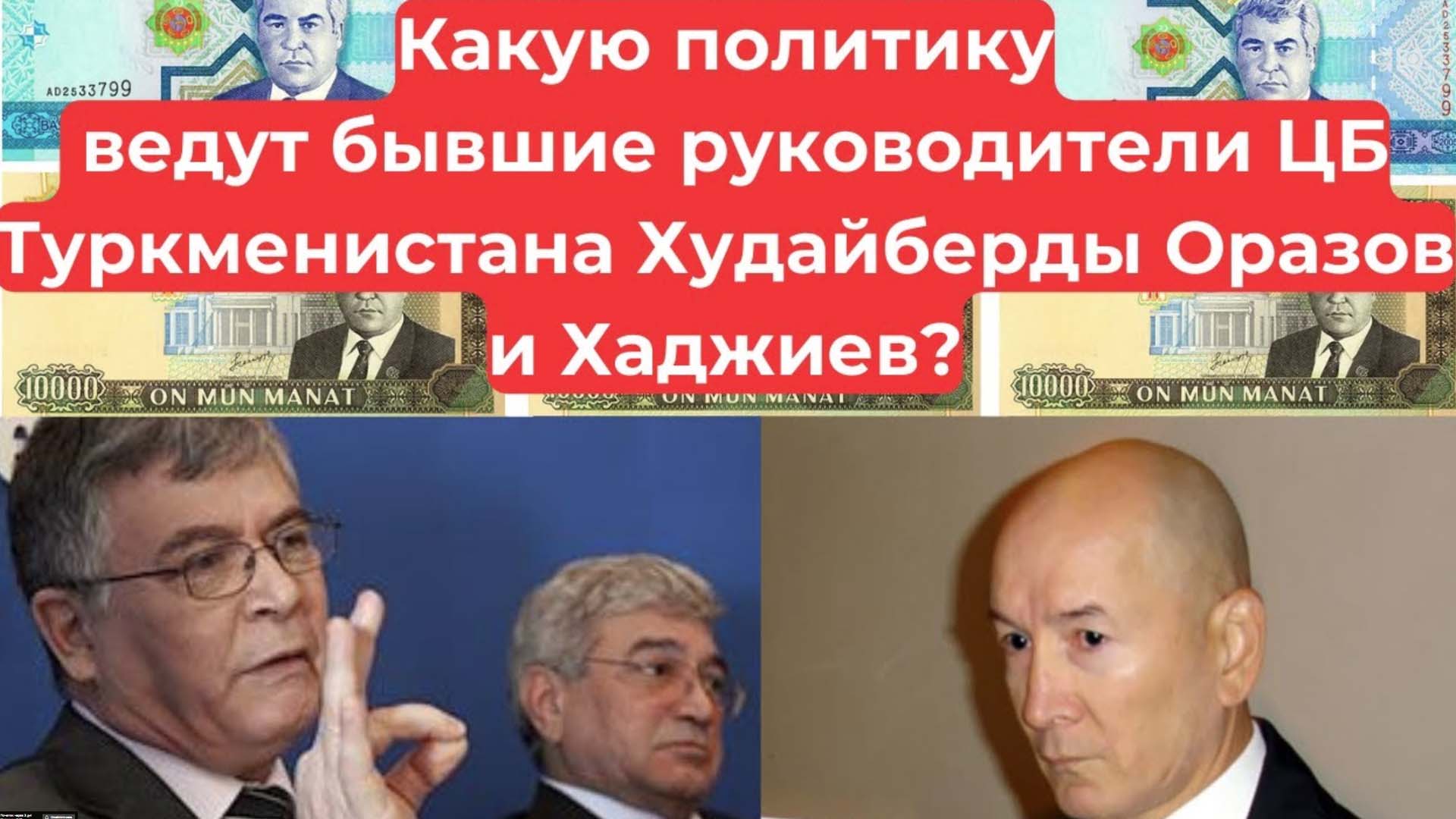Neutral Ashgabat has entered into an open diplomatic conflict with Moscow amid a struggle for the markets for blue fuel. The country’s leadership expressed dissatisfaction with only statements made by the Russian Foreign Ministry about the possibility of transit of gas from the Russian Federation through Turkmenistan.
So Moscow wanted to use the Central Asia-China pipeline to transport its gas, among other things. Now the highway is under the control of three exporters – Turkmenistan, Uzbekistan, and Kazakhstan. Russia, in turn, has the Power of Siberia gas pipeline but is already building a second similar project – the Power of Siberia-2, which, however, may not be launched soon. However, given the sanctions pressure of the entire civilized world on Moscow for the war against Ukraine, the Kremlin needs money right now.
It would be very convenient for Moscow to take advantage of Turkmenistan’s opportunities, and here Turkmenistan expressed real concern for its foreign policy and economy and showed resilience even against such an influential neighbor as the Russian Federation. However, only the money raised from the sale of Turkmenistan’s natural resources went to enrich the inhabitants of the country, and not into the hands of the ruling elite of the Berdymukhammedov regime.
Dmitry Birichevsky, Director of the Department of Economic Cooperation of the Russian Foreign Ministry, said that it was necessary to expand the triple gas union – Russia, Kazakhstan, and Uzbekistan as if forgetting that the third partner in the already existing association was not Russia, but Turkmenistan.: “We are open to such cooperation with the understanding that it should be mutually beneficial and constructive, taking into account the positions of all participants.”
In Ashgabat, they did not delay with the answer. Deputy Chairman of the State Concern “Turkmengaz” Myrad Archaev said: “Birichevsky’s statement raises at least a few questions. What “expansion opportunities” are we talking about, what “other states” are interested in them, what, in principle, is behind the “trilateral interaction” in the gas sector?”
Archayev noted that all three branches of the gas pipeline were built exclusively with the participation of the Turkmen and Chinese sides and that the bulk of the gas filling the pipeline is accounted for by his country. According to him, Turkmenistan exports 40 billion of gas through this pipeline, and the remaining volumes are provided by Uzbekistan and Kazakhstan. There are no available capacities at the moment, and gas sources from other countries are not provided for filling the pipeline, including due to the expansion of the aforementioned “gas union”.


